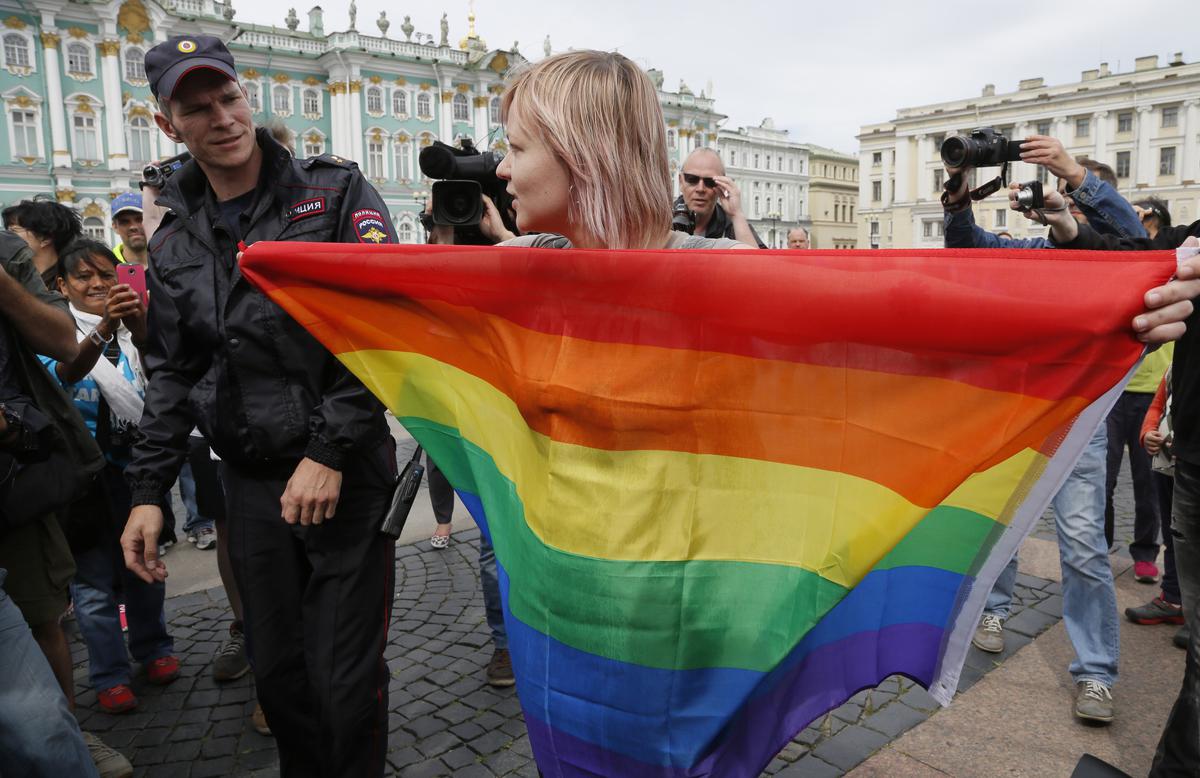
In a significant blow to the LGBTQ+ community in Russia, President Vladimir Putin signed a new legislation on July 24, effectively outlawing gender-affirming procedures and making it the final step in the process. The law received unanimous approval from both Houses of the Parliament, and its far-reaching implications have raised concerns about the rights and well-being of transgender individuals in the country.
Restrictions on Medical Interventions
The newly enacted law imposes strict restrictions on medical interventions related to gender identity. It explicitly bans all “medical interventions aimed at changing the sex of a person,” including gender-affirming surgeries and procedures. Furthermore, individuals are prohibited from changing their gender in official documents and public records, except in cases where such changes are medically necessary to treat congenital anomalies.
Impact on the LGBTQ+ Community
For Russia’s already embattled LGBTQ+ community, this legislation is a major setback. The ban on gender-affirming procedures deprives transgender individuals of the right to access essential healthcare services that align with their gender identity. It also further marginalizes and stigmatizes an already vulnerable community, impacting their mental health and overall well-being.
Nullification of Marriages and Adoption Rights
In addition to the ban on gender-affirming procedures, the law also has severe implications for marriages involving individuals who have “changed gender.” Such marriages will be annulled under the new legislation. Furthermore, transgender individuals are now barred from becoming foster or adoptive parents, depriving them of the opportunity to build families through adoption.
Criticism and Human Rights Concerns
The legislation has been met with widespread criticism from human rights organizations and advocates worldwide. Concerns have been raised about the infringement on the rights of transgender individuals and the denial of their right to self-determination. The law’s impact on family life and parental rights has also come under scrutiny, as it restricts opportunities for transgender individuals to experience the joys of parenthood.
Supporters’ Perspective
Supporters of the legislation argue that it upholds traditional values and preserves societal norms. They believe that the ban on gender-affirming procedures is necessary to maintain the country’s cultural and moral foundations. However, critics contend that the law perpetuates discrimination and contributes to an atmosphere of intolerance and prejudice.
Navigating the Future
As the legislation takes effect, the LGBTQ+ community in Russia faces an uncertain future. The law’s implementation will likely result in increased challenges for transgender individuals, making it essential for organizations and advocates to continue their efforts to protect the rights and dignity of all citizens, regardless of their gender identity.
International Response
The international community has been closely monitoring the situation, with many expressing concern over Russia’s treatment of its LGBTQ+ population. Calls for respect of human rights and inclusion have resonated globally, urging Russian authorities to reconsider the implications of this legislation on the fundamental rights of its citizens.
Conclusion
With the enactment of the law banning gender-affirming procedures, Russia takes a decisive step that significantly affects its transgender population. The implications reach beyond medical interventions, touching on various aspects of personal and family life. As the country moves forward, there is a pressing need for dialogue and understanding, ensuring that the rights and dignity of all individuals are protected and upheld.
